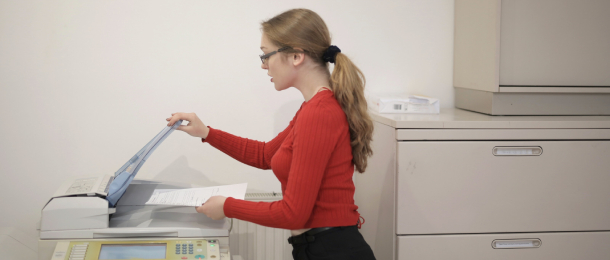The ATO has identified the failure of SMSF auditors to gather sufficient evidence to confirm a transaction has been completed on an arm’s-length basis as a common procedural error these practitioners are making.
ATO acting deputy commissioner Paul Delahunty noted an auditor’s obligation to review the commercial nature of an SMSF transaction is to ensure the fund trustees have complied with section 109 of the Superannuation Industry (Supervision) (SIS) Act.
“Section 109 [of the SIS Act] always seems to be on our list of auditor issues each year. It presents itself in a number of forms so there is no catch-all type of transaction we’re talking about here that I can reference or assist you [with], but we do observe it across a broad range of investments and transactions,” Delahunty told Auditors Institute members during a recent webinar presentation.
“As a general statement I’ll say that the auditors’ deficiency usually stems from not conducting enough, and in some instances any, verification of supporting documentation for transactions [involving items such as] leases, loan documents or purchase contracts to [allow them to] check for commercial terms, understand the nature of the parties to the arrangements when they are related parties and [to review] the market rate of return.
“So this is an important reminder section 109 [of the SIS Act] is closely scrutinised by the ATO when we do pick up audit files for review.”
He also took the opportunity to point out the regulator’s concerns over the approach from SMSF auditors towards limited recourse borrowing arrangements (LRBA).
“[Some] auditors [are failing] to adequately check whether the fund has any borrowings as per section 67 [of the SIS Act],” he revealed.
“So we continue to see deficiencies creeping into audit files in relation to a lack of documentation for LRBAs and it’s probably again consistent with some of the things we have observed in recent years as part of our compliance work regarding section 109.”




